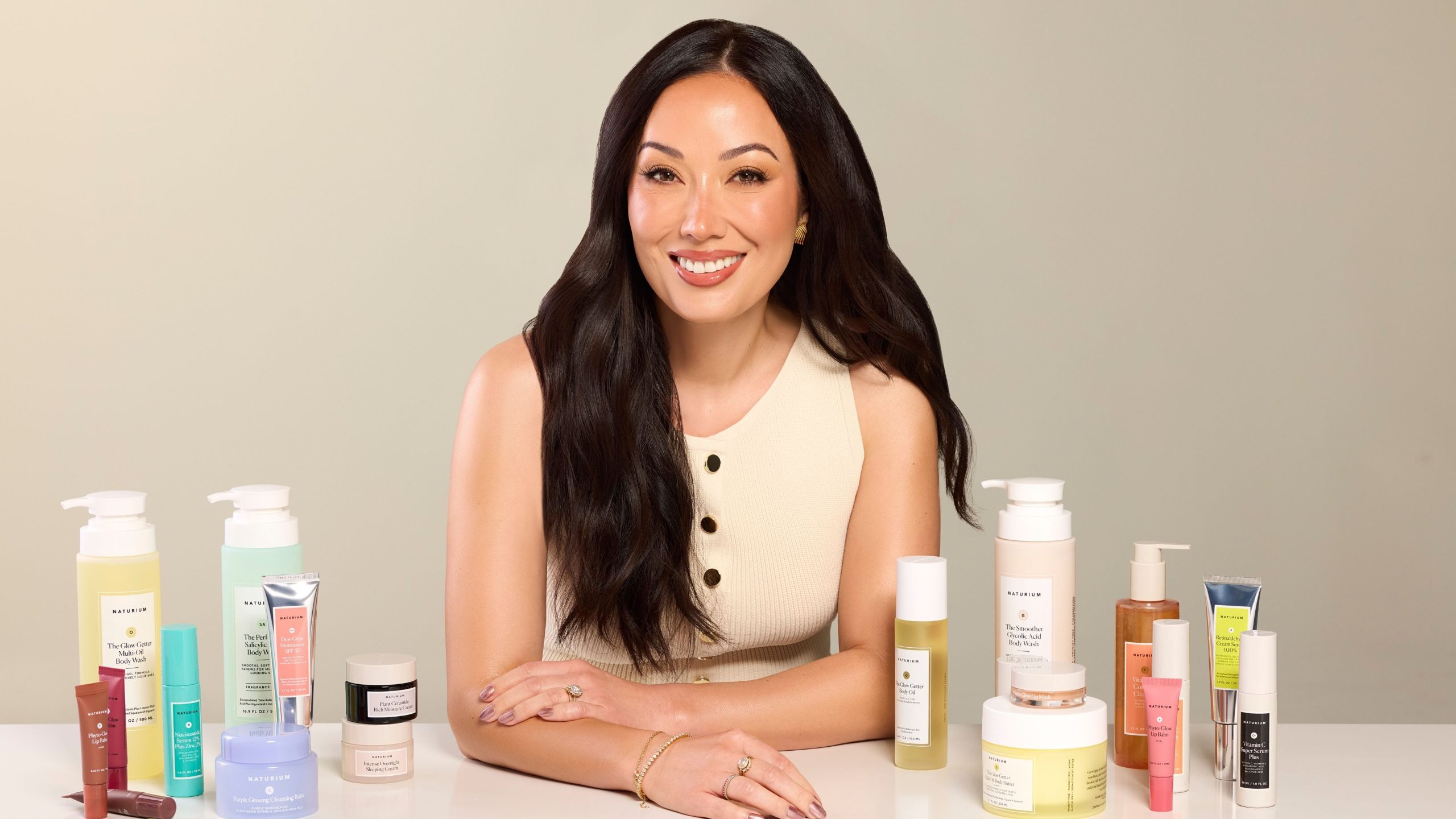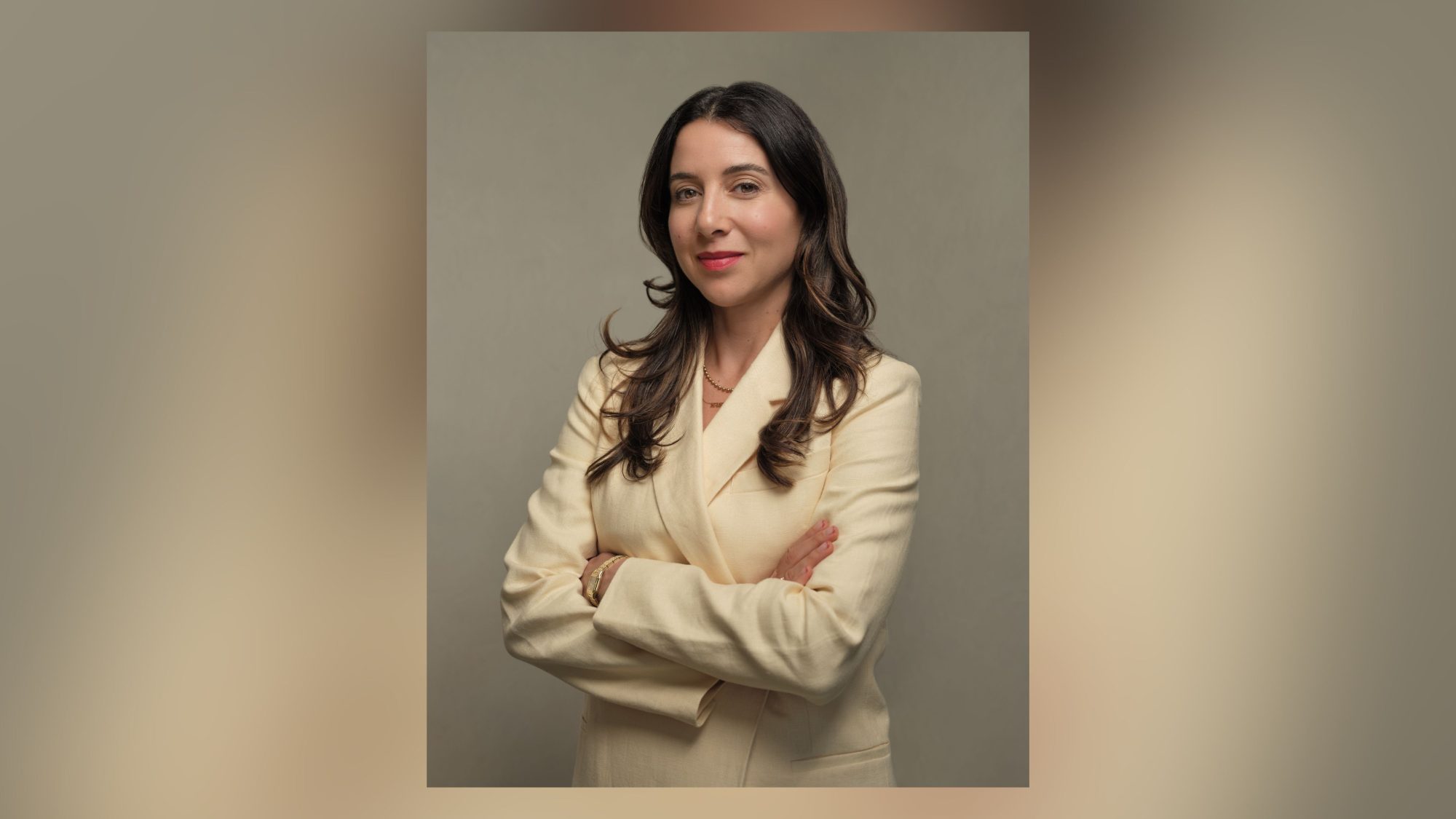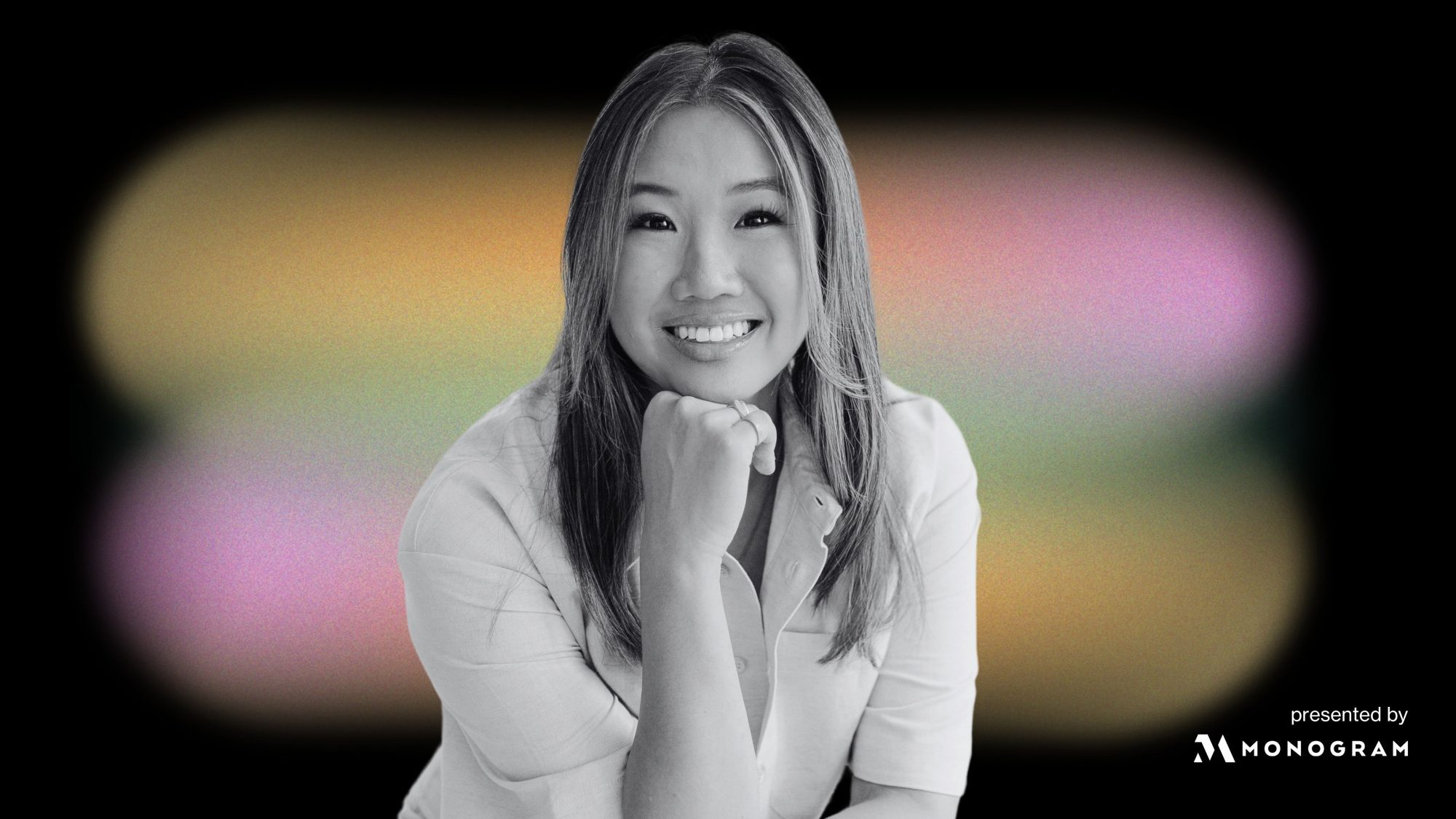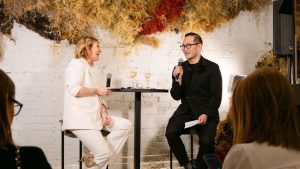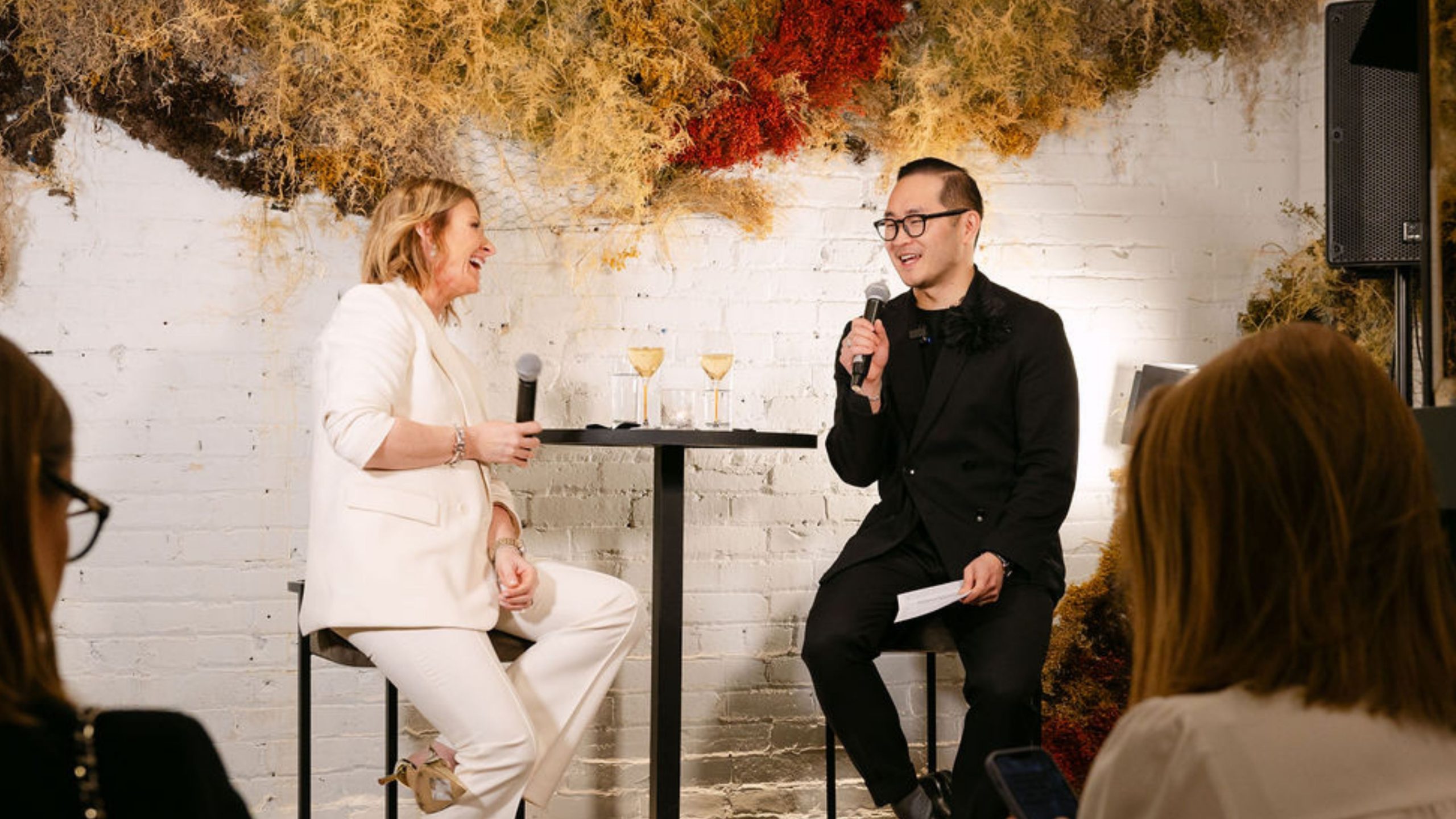When Susan Yara started uploading videos to YouTube more than a decade ago, the term “influencer” barely existed. She was a beauty editor, a trained journalist, and a digital media pioneer helping build video networks at major brands like People and Forbes. But as social media platforms evolved, so did her strategy. She wasn’t just informing an audience—she was building one. And behind every product review, explainer video, and skincare myth-busting session, she was quietly laying the foundation for what would eventually become a thriving, data-driven skincare brand: Naturium.
Launched in 2019, Naturium took off fast. With an emphasis on science-backed ingredients, thoughtful formulation, and accessible pricing, it stood out in a crowded industry often dominated by celebrity vanity projects and inflated markups. Within four years, the brand was acquired by e.l.f. Beauty for $355 million. But to understand how Yara arrived at that moment, you have to look beyond the transaction. Her story is one of evolution: from journalist to content creator, from educator to founder, and from beauty consumer to industry changemaker.
Read Yara’s GLORY digital cover feature below or listen to her conversation with Lance Chung on the Mission Critical podcast.
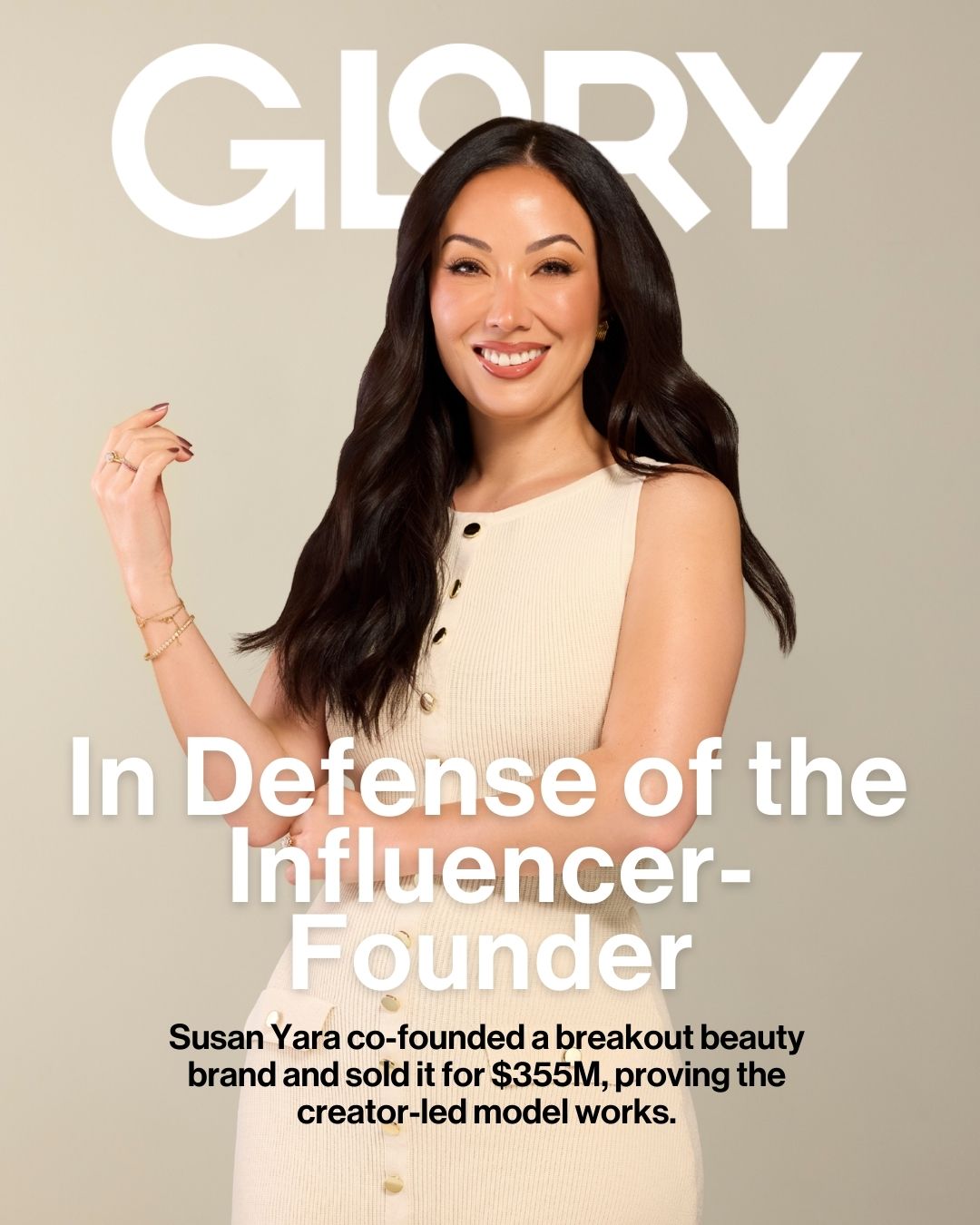

Building a Brand That Can Outlive You
From day one, Yara approached Naturium as more than a personal extension of her online persona. “The social media and marketing for Naturium have always been very separate from me,” she says. “The brand can have a little bit of my spirit in it, but it shouldn’t rely on my identity to survive.”
She named the brand Naturium with longevity in mind. The goal was to create something that could scale independently, attract acquisition interest, and remain relevant beyond her own visibility. This intentional separation also helped pave the way for scalability, retail partnerships, and future-proof brand equity.
What set Naturium apart wasn’t just its formulas, though those helped: innovative ingredients like gold-conjugated vitamin C and high-glycerin body washes that hydrate beyond the shower helped define its offerings. It was the analytical mindset behind the brand’s development that gave it an edge. As a longtime media professional, Yara used her background in content strategy to tap directly into consumer demand.
“If you’re smart about it, your analytics show you everything you need to know: what your audience is shopping for, where they’re shopping, what their skin issues are,” she explains. “That kind of insight was critical when we launched in Target in the U.S. and Shoppers Drug Mart in Canada.”
The Evolving Role of the Influencer-Founder
Yara sits within a growing class of creator-entrepreneurs who are transforming digital influence into serious business ventures. For many of them, the transition isn’t accidental—it’s strategic. The ability to build trust at scale, understand audience psychology, and deliver consistent value are now seen as competitive advantages in business, not just social media perks.
But for women—especially women of colour—this path can be riddled with assumptions. “When I pitched my YouTube channel to investors back in the day, I was told I was too old. I was 30,” she recalls. “They didn’t believe women my age wanted to consume skincare content. They were wrong.”
Today, the influencer economy is still often dismissed, even as creator-led brands continue to outperform traditional ones in engagement, loyalty, and cultural relevance. Yara pushes back on this reductive framing. “Influence isn’t about popularity,” she says. “It’s about moving people to action. You can have a small audience and still drive real change.”
And it’s not just about selling a product. For Yara, it’s about shaping a conversation—whether that’s around skin health, ingredient literacy, or beauty standards. As she sees it, good content is good business. The key is authenticity, not performance.
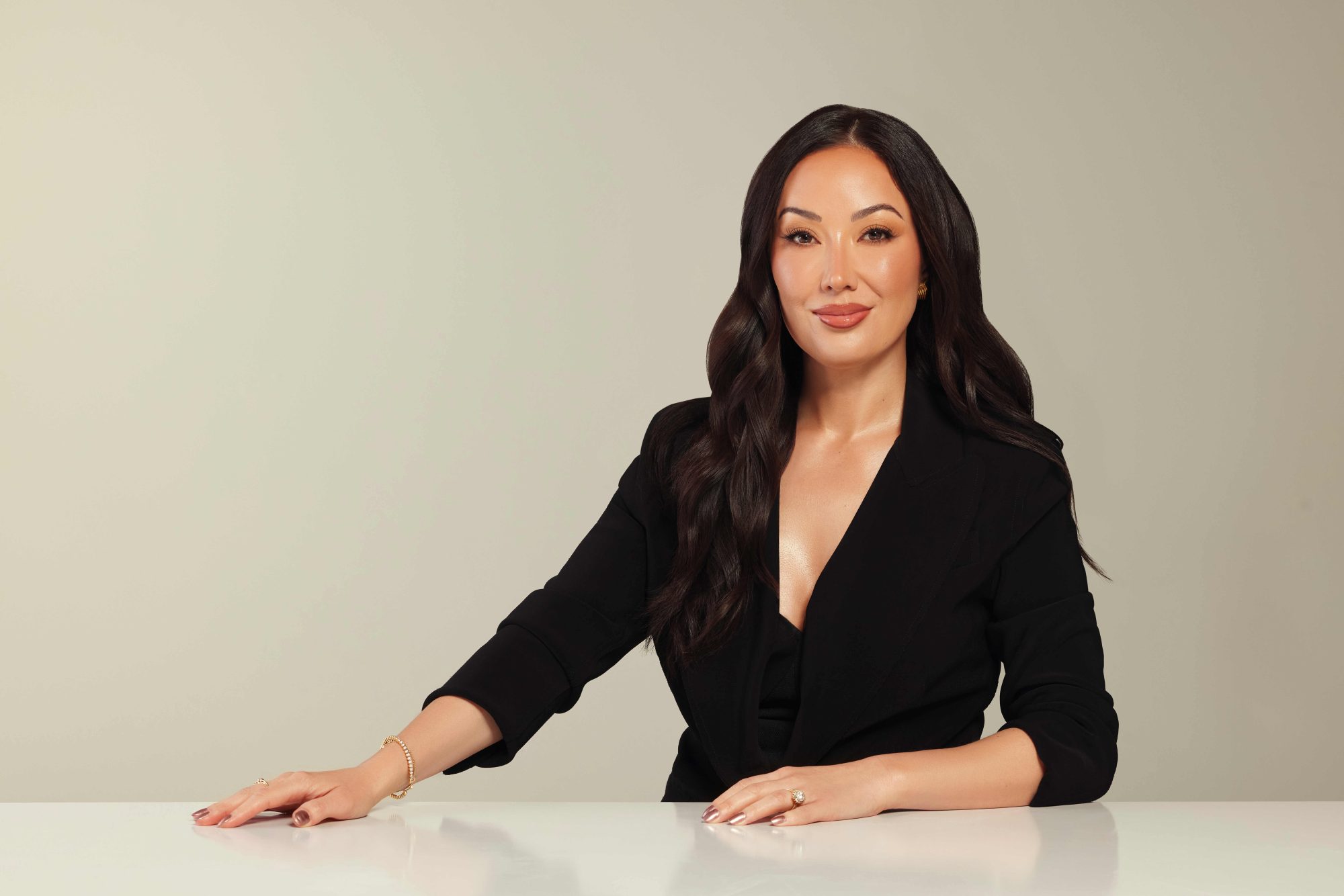

On Representation and Building Inclusively
As a Korean and Mexican-American founder, Yara is acutely aware of the nuanced conversations around representation in beauty. She doesn’t consider inclusivity a buzzword or a quarterly campaign theme. Instead, she sees it as a foundational principle that shows up in the brand’s DNA—from product formulation to marketing strategy.
“I know what it’s like to be the token,” she says. “I didn’t want our community to feel like they were being included just to check a box.”
Naturium takes a holistic approach to inclusivity. That means addressing skin concerns that disproportionately affect people of colour—like hyperpigmentation or melasma—and crafting solutions that are biocompatible and non-irritating. It also means making sure the brand’s visual language reflects the diversity of the world we live in, not just a curated slice of it.
The results speak for themselves: a broad, multi-generational, multi-ethnic customer base that feels genuinely seen. And while Yara is proud of the brand’s demographics, she emphasizes that it’s about more than appearances. “It’s not just about how we market. It’s about who we formulate for, who we hire, and who we listen to.”
A Beauty Industry at a Crossroads
The conversation around beauty has never been louder or more complex. From injectables and retinol to Ozempic and body image, today’s beauty consumers are more educated, more skeptical, and more vocal than ever.
Yara has watched this evolution firsthand. “When I started, no one would talk about Botox. Now you see 22-year-olds getting filler and looking twice their age,” she says. “We’ve swung to the other extreme.”
She views this moment as a cultural inflection point. While access to treatments and information has democratized beauty in some ways, it has also fueled unrealistic expectations and a relentless chase for perfection. Naturium, by contrast, is grounded in education, consistency, and transparency.
“Your skin affects your confidence, your mood, your entire sense of self. But that doesn’t mean it has to be expensive or extreme,” she says. “You can take care of your skin in a way that feels empowering, not overwhelming.”
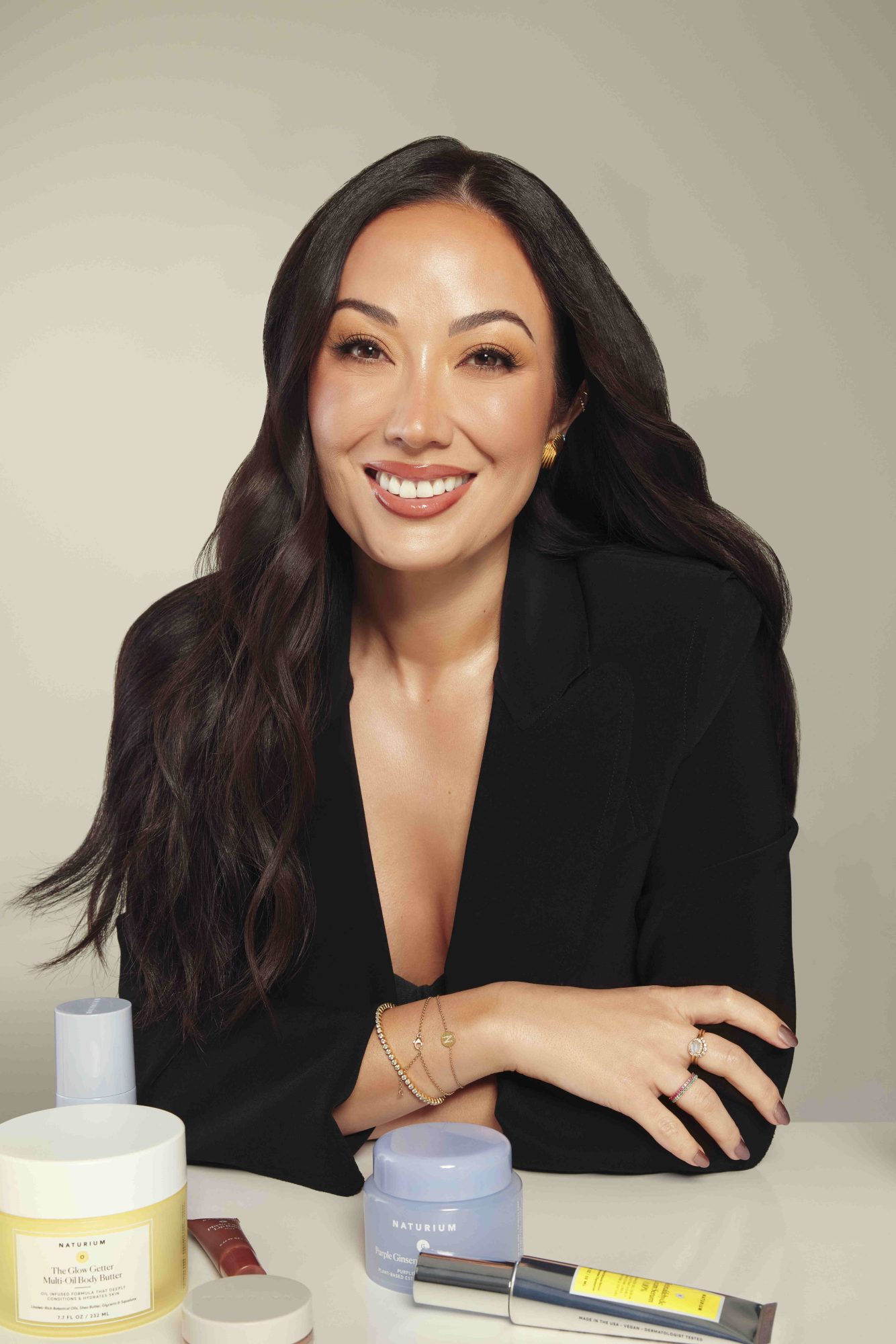

What Comes Next
Naturium may now be part of the e.l.f. Beauty portfolio, but the vision remains the same. Yara wants the brand to become a household name—not through aggressive marketing or celebrity endorsements, but through word-of-mouth, product efficacy, and trust.
The acquisition, in her eyes, was about acceleration, not compromise. e.l.f. provided the operational infrastructure, supply chain support, and global distribution channels to help Naturium scale sustainably.
“We were growing fast, but growth without support can be risky. e.l.f. helped us stay on track without losing what made us special,” she says.
Looking ahead, Yara sees even more opportunity for influencers-turned-founders to drive innovation across industries. “Most content creators are women. Most are already running themselves like businesses. We just haven’t always given them the credit.”
Her advice to aspiring founders? Pay attention to your audience. Treat your platform like a focus group. And build something that isn’t just about you—but can grow because of you.
In other words, build with intention. Build with insight. Build to last.
Want more? Listen to Susan’s chat with Editor-in-Chief Lance Chung on the Mission Critical podcast, available on Apple Podcasts, Spotify, YouTube, or wherever you get your podcasts.


